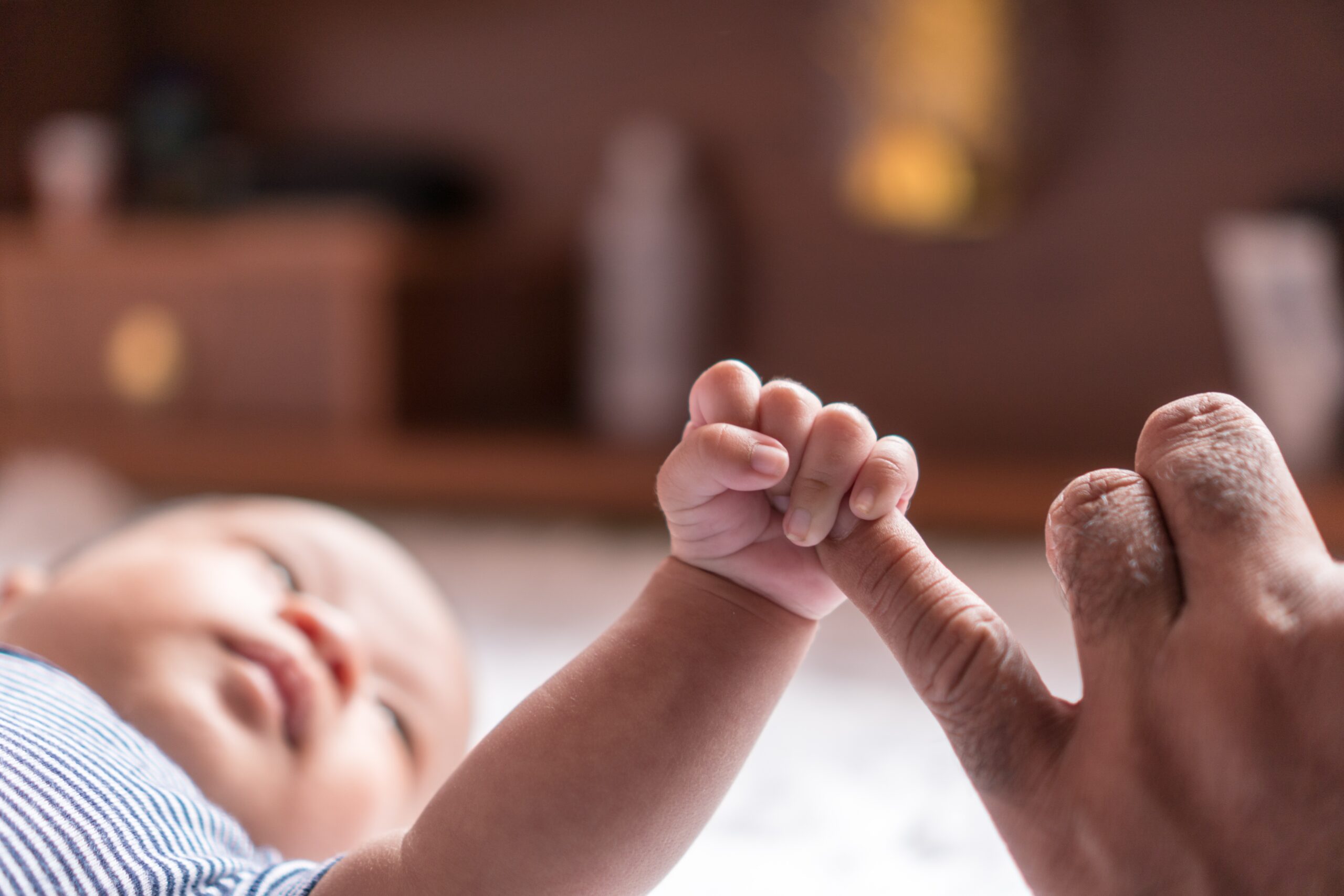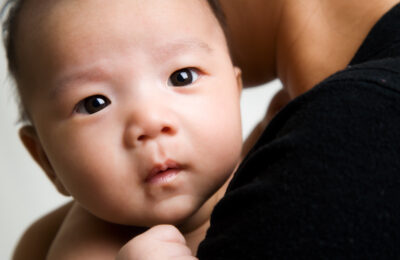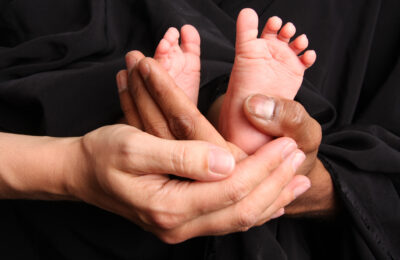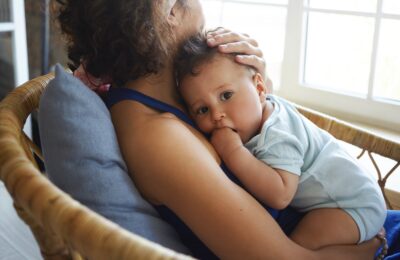
Perinatal and parent infant mental health lecture series (CPD90)
Join our monthly lecture series to hear perspectives from perinatal and parent-infant mental health experts and clinicians
This innovative lecture series offers the opportunity to hear from a range of speakers, each experts in their field, as they share clinical insights, experience and research in perinatal and parent-infant mental health. You will come away with new ideas, approaches and case studies to inform your own practice.
Delivered on the third Tuesday of the month, each online lecture will include a presentation and interactive Question & Answer session. A CPD certificate will be provided to evidence attendance, and a recording of the lecture will be made available to all registrants.
Who is this lecture series for?
The lectures are suitable for a wide range of practitioners who work with women, birthing people, their babies and families during the perinatal period, as well as those who are interested in working in, or finding out more about, perinatal and parent-infant mental health.
For example, you may be working as a:
- children’s centre and early years’ practitioner
- family support worker
- family hubs worker
- health visitor or health visitor assistant
- charity practitioner or volunteer
- midwife or midwife assistant
- talking therapies practitioner
- obstetrician
- GP
- social worker
- occupational therapist
- nurse
- neonatology practitioner
- psychiatrist
- peer support worker
- nursery nurse
- CAMHS practitioner or 0-5 practitioner
Lecture series details
Lectures cost £30 each and will take place at the following times:
| Date | Time | Speaker | Lecture |
|---|---|---|---|
| 15 October 2024 | 12 – 1.30pm | Abel Fagin | Working with fathers during the perinatal period |
| 19 November 2024 | 12 – 1.30pm | Coretta Ogbuagu | Reflections on colourism and the impact of systemic racism on infant and perinatal mental health: a case study |
| 17 December 2024 | 12 – 1.30pm | Jo Goldsmith & Jane Lowe | How loss and trauma impact the early infant-parent relationship |
| 21 January 2025 | 12 – 1.30pm | Jo Goldsmith & Jane Lowe | When birth is different |
| 18 February 2025 | 12 – 1.30pm | Biddy Youell | What about the baby? The baby’s emotional needs and the value of infant observation in perinatal services |
| 18 March 2025 | 12 – 1.30pm | Alex DeRementeria | Crying and soothing |
*To enable access to the widest possible audience these lectures are planned to be delivered live, but remotely, as webinars. Where we are able, a recording will be made available to all booked delegates although we encourage live attendance wherever possible.
These lectures will be delivered remotely using Zoom. You will need a device with a suitably fast internet connection. Although mobile devices and tablets can be used, we recommend the use of laptop or desktop PC for the best experience. Some devices provided by employers may have restrictions in place. Please use this test link (https://zoom.us/test) to check your set up before booking.
You will be sent the necessary login link about a week before the lecture date. Should you have any concerns about the accessibility of remote delivery please contact us at CPDEvents@tavi-port.ac.uk to discuss how we can best help you.
15 October
Lecturer: Abel Fagin
Working with fathers during the perinatal period
Synopsis: This lecture will explore the psychological, neurobiological, and social changes that fathers undergo during the perinatal period. It will emphasise the importance of fathers in child development, exploring their roles and struggles, such as their potential anxieties and their identity challenges as providers and caregivers. The lecture will touch upon areas of engagement, assessment and intervention in therapeutic work.
This lecture will be recorded.
19 November
Lecturer: Coretta Ogbuagu
Reflections on colourism and the impact of systemic racism on infant and perinatal mental health: a case study
Synopsis: This lecture will be in two parts: Part one: a brief review of the experiences of maternity care in the UK for women and birthing people of colour. Part two: a clinical paper of a case study of a Black parent and their child who were in parent-infant psychotherapy treatment. The suggestion is that the wider system around the family had significant bearing on how the dyad related to one another. Examination of the dyad’s relationship to the therapist (also working as part of an institution) will also be considered.
There will be some video material shown with permission from the patient.
This lecture will be recorded.
17 December
Lecturers: Jo Goldsmith & Jane Lowe
How loss and trauma impact the early infant-parent relationship
Synopsis: This lecture will explore how the impact of loss and past traumatic events may impact on the development of the relationship between an unborn baby and their parents. This will be explored using the experience of working with families in the community and on neonatal units for sick and premature babies. This lecture draws on psychoanalytic theory and child development research.
This lecture will be recorded.
21 January 2025
Lecturers: Jo Goldsmith & Jane Lowe
When birth is different
Synopsis: This lecture will explore how the experiences of a traumatic birth and subsequent hospitalisation of a premature or poorly baby may affect the relationship between a baby and their parents. This will be explored antenatally and postnatally using the experience of working in the community and on neonatal units for sick and premature babies and their families drawing on psychoanalytic theory and child development research.
This lecture will be recorded.
18 February 2025
Lecturer: Biddy Youell
What about the baby? The baby’s emotional needs and the value of infant observation in perinatal services
Synopsis: Babies are all different and respond differently to the care they receive. but all babies need to be welcomed into the world by attentive and responsive adults. This talk looks at the value of infant observation training but highlights the idea that attending to the baby is part of the ‘perinatal state of mind’ and is everyone’s responsibility.
This lecture will be recorded.
18 March 2025
Lecturer: Alexandra DeRementeria
Crying and soothing
Synopsis: Why do babies cry? In the beginning it is a biologically driven response to hunger, cold, digestive discomfort or awareness of separation from an attachment figure. These can be thought of as early anxieties as they all relate to survival. Once early anxieties are stirred it is not always enough to remove the original trigger. Infants are ill-equipped to manage the powerful feelings of anxiety that grip them and must express them through their red-faced, back-arched full-body screaming. If a carer can keep from being overwhelmed themselves by this, they can begin to reason and to think about what the baby might need: holding? A feed? The baby has an experience that their feelings have been made tolerable by the fact of tolerating them. The infant is no longer in the grip of debilitating anxiety. The crying stops and the baby can continue with development.
This lecture will be recorded.
Speakers
You can book a place on any lecture in this series at any time using our MyTAP booking system. Each lecture costs £30 and is booked separately on MyTap by choosing the relevant date from the list below. You’ll receive confirmation by email, and we will be in touch approximately one week before each lecture with detailed joining instructions.



 CPD certificate
CPD certificate 



 Trust certificate
Trust certificate 
